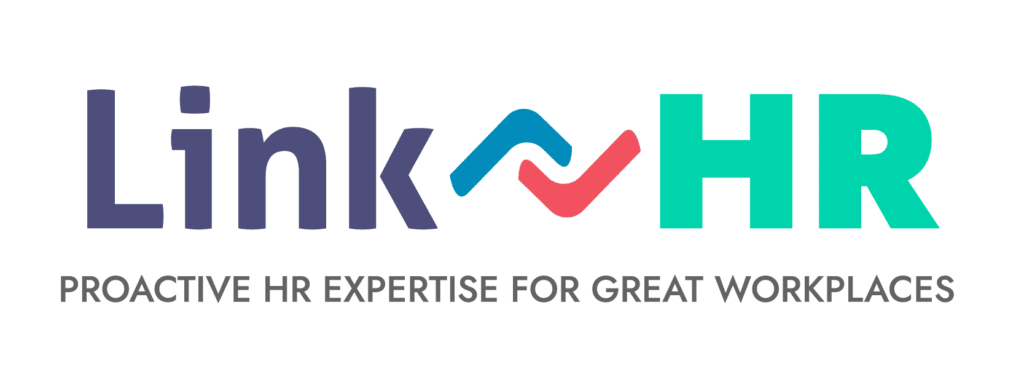HR Tips #22-24 of our 24 HR Tips for 2024
We are at the end of our 24 HR Tips for 2024 series with Tips #22-24 below.
HR Tip #22: Help your employees see the meaning in their work.
Meaningful work is about feeling a sense of purpose, fulfillment, and contribution to something greater than oneself. Here’s why it’s crucial for employee engagement and productivity:
1. Intrinsic Motivation: Meaningful work taps into intrinsic motivation, the powerful drive that comes from within. When employees find meaning in what they do, they are naturally more engaged, driven by a sense of purpose rather than external rewards. This intrinsic motivation fuels sustained effort and commitment, leading to increased productivity over the long term.
2. Higher Job Satisfaction: Employees who perceive their work as meaningful are more likely to experience higher job satisfaction. When individuals feel that their contributions matter and align with their values and beliefs, they develop a deeper connection to their work and the organization. This heightened satisfaction translates into greater enthusiasm, loyalty, and dedication to achieving organizational goals.
3. Enhanced Creativity and Innovation: Meaningful work fosters a conducive environment for creativity and innovation to thrive. When employees are emotionally invested in their tasks, they are more inclined to think critically, seek novel solutions, and take calculated risks. This mindset shift encourages experimentation and exploration, driving innovation and propelling the organization forward in a competitive landscape.
4. Stronger Sense of Belonging and Community: Meaningful work cultivates a sense of belonging and community within the workplace. As individuals engage in work that resonates with their values, they forge deeper connections with colleagues, fostering a supportive and collaborative environment. This sense of camaraderie not only enhances teamwork but also serves as a buffer against stress and burnout, promoting overall well-being and productivity.
5. Increased Resilience in the Face of Challenges: Meaningful work acts as a source of resilience during times of adversity. When employees encounter obstacles or setbacks, their sense of purpose and intrinsic motivation propel them to persevere and overcome challenges.
It is imperative for leaders to prioritize initiatives that empower employees to find meaning in their work, recognizing that the impact extends far beyond individual performance metrics to shape the collective success of the organization.
HR Tip #23: Respond to employee relations matters promptly.
Here’s why this should be a top priority for every leader:
Mitigating Escalation: Employee relations issues have a tendency to escalate if left unaddressed. What may start as a minor disagreement can quickly snowball into a full-blown conflict, negatively impacting team dynamics and productivity. By addressing issues promptly, managers can nip potential problems in the bud and prevent them from spiraling out of control.
Preserving Employee Morale: When employees know that their concerns are being heard and addressed in a timely manner, it boosts morale and reinforces their trust in the organization. Conversely, ignoring or delaying responses to employee issues can breed resentment and erode morale, leading to disengagement and turnover.
Maintaining a Positive Work Environment: A prompt response to employee relations issues signals to your team that you take their concerns seriously and are committed to fostering a positive work environment. This proactive approach not only strengthens employee-manager relationships but also contributes to a culture of transparency, respect, and open communication.
Protecting Organizational Reputation: In today’s interconnected world, news of workplace disputes or unresolved conflicts can spread rapidly, tarnishing your organization’s reputation and brand image. By swiftly addressing employee relations issues, managers can mitigate reputational damage and demonstrate their commitment to upholding ethical standards and values.
Boosting Productivity and Retention: Unresolved employee relations issues can be a significant drain on productivity, as they often lead to decreased motivation, increased absenteeism, and higher turnover rates. By addressing issues promptly, managers can minimize disruptions, keep employees focused on their work, and retain top talent.
In conclusion, responding promptly to employee relations issues isn’t just about putting out fires—it’s about proactively building a culture of trust, respect, and collaboration.
HR Tip #24: View employees as people first.
In the fast-paced world of business, it’s easy to get caught up in targets, deadlines, and bottom lines. But here’s the secret to building a truly thriving team:
🌱 Nurture a culture of empathy and understanding. 🌱
Great employers and managers recognize that their teams aren’t just cogs in the corporate machine—they’re individuals with lives, passions, and personal commitments beyond work. By acknowledging and respecting the full humanity of your employees, you create a workplace where people feel valued and supported.
🤝 Embrace the diversity of experiences and perspectives. 🤝
Every person brings something unique to the table. By celebrating these differences, you foster creativity, innovation, and collaboration within your team. Remember, diversity isn’t just about demographics—it’s about embracing the richness of each individual’s background, interests, and talents.
💡 Understand that productivity fluctuates. 💡
Life is unpredictable, and some days, we simply can’t perform at our best. Whether it’s due to personal challenges, health issues, or simply needing a mental break, it’s essential to recognize that everyone has off days. Instead of penalizing employees for these moments, offer support, flexibility, and understanding.
🔑 The key to success? People-first leadership. 🔑
By prioritizing the well-being and humanity of your team members, you lay the foundation for a workplace culture built on trust, respect, and mutual support. In doing so, you create a company that thrives in the long run.
Let’s make 2024 the year of human-centric leadership!


